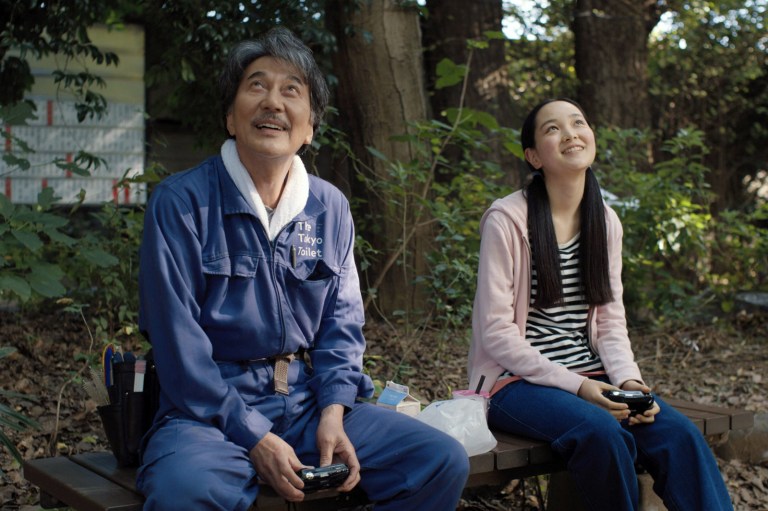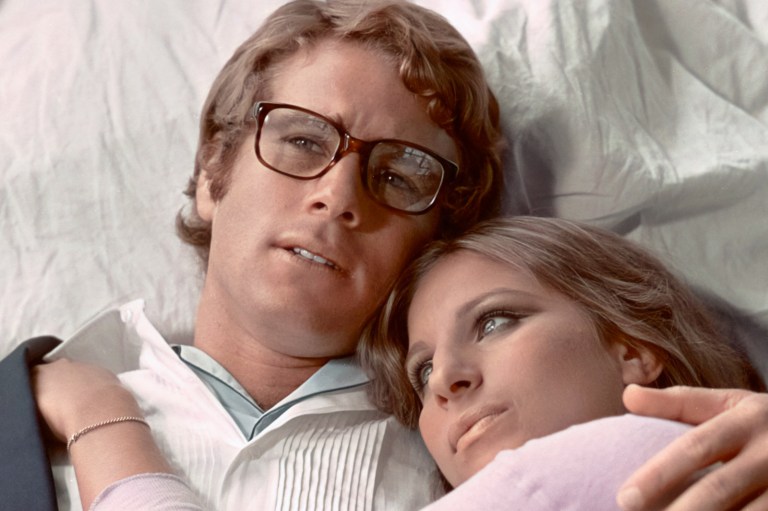
When Home Moves On Without You
We all want to be the sole catalysts of change. We want to make drastic changes that leave big, gaping holes in our wake. We don’t want those holes filled in.
By ![]() Heidi Priebe
Heidi Priebe
The hardest part of leaving a place that you once loved is that once you are absent for a long enough period of time, home inevitably moves on without you. Peers meet new partners and start settling down. Friend groups disperse and fall apart. Family moves away, coworkers find new jobs, and though it happens gradually, you will inevitably turn around one day to find that the place you once called ‘home’ possesses almost none of the qualities that once earned it that title.
The houses you once lived in have new occupants. The bars you once frequented shut down. The physical layout of a place may remain unchanged but you have somehow lost all ownership over it. Everything you once held onto so tightly has inexplicably found a way to belong to something else.
The only thing worse than being homesick for a place is being homesick for a time period that has passed. It is a longing that no over-priced plane ticket or long-distance phone call can satisfy. It’s the ongoing, lingering regret that had you only stuck around and tried to keep your home together, you could have. It’s the foolhardy notion that nothing ever would have altered if you had only been there to hold it in place. It’s the nonsensical assumption that you could ever have stayed happy with a perfectly static life.
We are creatures who thrive on change, and yet we despise when it happens without us. The idea that we can spend years building ourselves into a community, only to have it go on existing and expanding once we’ve left is destructive to our fragile egos. We all want to be the sole catalysts of change. We want to make drastic changes that leave big, gaping holes in our wake. We don’t want those holes filled in. We would all like nothing more than for the entire world to stay exactly as it is while we ourselves go on evolving.
When we go home to find that our own past has outgrown us, it is hard to make sense of what we’re left with. It feels like heading back out into the world without a safety net. The place we once coveted on the nights when nostalgia overtook us is no longer a tangible destination. It is a place that exists only in our memories, in our minds, in our sentimental dwellings amidst old friends. There is no longer the comforting notion that if such-and-such opportunity doesn’t work out, we’ll have a soft place to fall back on. We are suddenly left alone with our plans and our futures and our current devices, in all of their haphazard inadequacies. We assume that because we stayed away too long, we denied our own right to a home. We look at home as something we forfeited, rather than something that we still have the chance to create.
The truth is, home was never a physical destination. Home is nothing more than a collection of memories that comfort us. Sometimes we live right in the middle of those comforts and assume that they are inherent to a particular geographic location. But home is neither a place nor a time period. Home is a story that we tell ourselves about what’s safe. About what we can rely on. What we have stuck with for so long that we can be reasonably sure it will remain a constant in our lives. We attach the concept of home to places and people and landmarks, but we pass by the homes in ourselves without a second glance. We forget that we, too, can be things we rely on. Things we are comforted by. Things we can count on to remain constant forces.
Home is a story that becomes quickly outdated, but we ourselves never suffer the same fate. Perhaps returning to a place that we once loved is nothing more than an indication to get back out in the world and start writing ourselves a new story. One where home travels with us, and we predict what comes next. One where the consistency in our lives is predicted by our own ability to cope and overcome. Our willingness to lean into the gray areas that life presents us with, rather than shirking away in fear. One where our stable, unwavering strengths are attributed to our own abilities, rather than a place on a map where all of our distant familiarities lie.
When home outgrows us, we need to find a way to become our own homes. And perhaps once we do, we will never be homesick another day in our lives. ![]()











